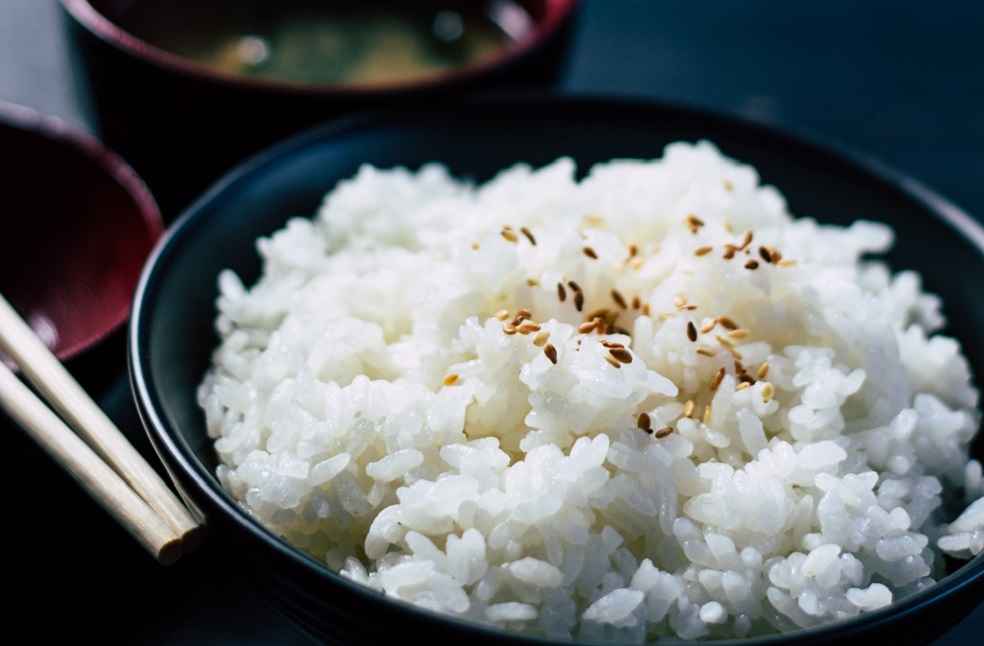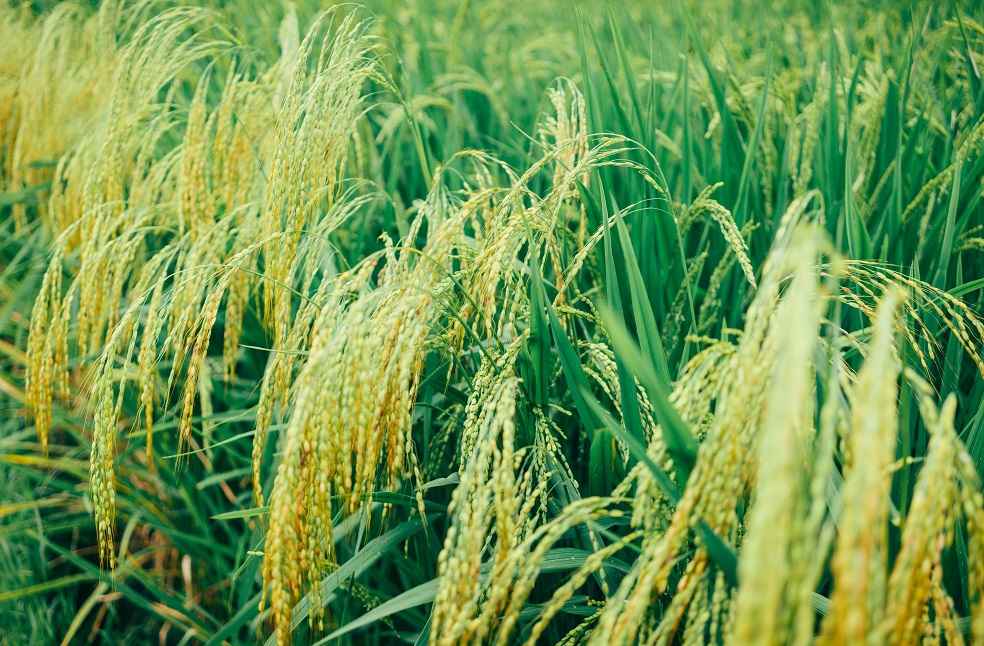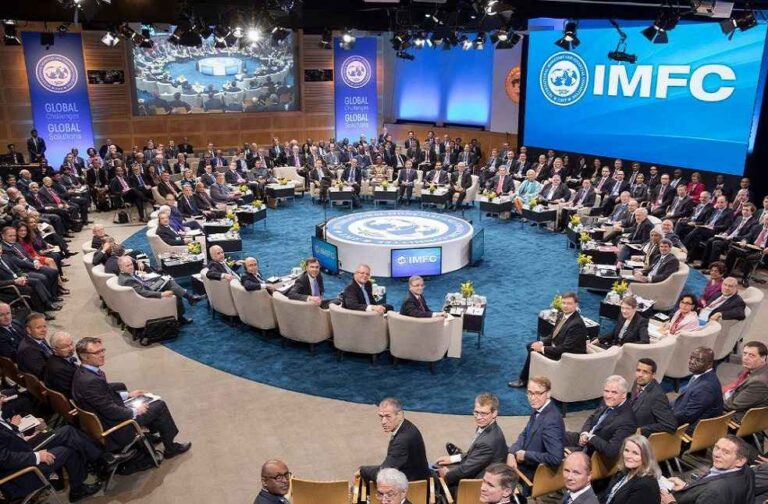The International Monetary Fund (IMF) has voiced serious concerns about ‘India’s Rice Export Ban,’ the country’s recent decision to halt rice exports. Pierre-Olivier Gourinchas, the organization’s Chief Economist, anticipates that this move could catalyze a considerable surge in global food price inflation. During a press conference, Gourinchas drew a parallel between the potential repercussions of ‘India’s Rice Export Ban’ and the fallout from the suspension of the Ukraine Black Sea grain export deal.
Gourinchas urged, “We would encourage the removal of these types of export restrictions because they can be globally damaging.” His statement underscores the IMF’s concerns over the escalation of food prices in developing countries, where heightened inflation can provoke serious economic instability.
The restriction on certain rice exports from India emerges amidst broader conversations around the volatility of food prices and the consequent ripple effects on the global economy. Gourinchas predicts that this restriction could significantly impact global grain prices, leading to an estimated increase of 10-15% over the year.

There’s fear that the ban on rice exports could inflate prices in other nations, potentially triggering a domino effect of economic consequences. Gourinchas warned, “In the current climate, these types of restrictions are likely to fuel volatility in food prices globally and may provoke retaliatory measures.”
As a significant player in the global rice market, contributing 40% of the total exports, India’s swift implementation of the ban on key rice varieties is strategic. The country is grappling with severe weather conditions threatening production and rising living costs pressuring its middle and lower-middle-class populations.
India’s primary aim behind this decision is to stabilize domestic rice prices, which have soared to unparalleled heights. However, this has sparked heated debates revolving around the resultant global price inflation and its subsequent repercussions.

These discussions arise in the backdrop of a worrying trend of rising food prices, spurred by a combination of climate change, geopolitical tensions, and trade restrictions. The IMF’s stance manifests the organization’s unwavering commitment to nurturing economic stability amidst these challenges.
The IMF’s concerns resonate with global worries over escalating food prices, spotlighting the effects of export restrictions on essential commodities. As the world watches, the next course of action lies with India – whether it will heed the international call to lift its rice export ban is yet to be seen.
RELATED | India’s Rice Export Ban Threatens $1bn in Global Trade



